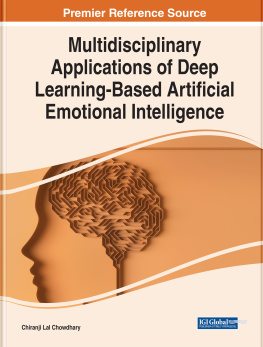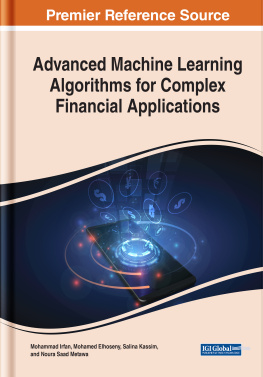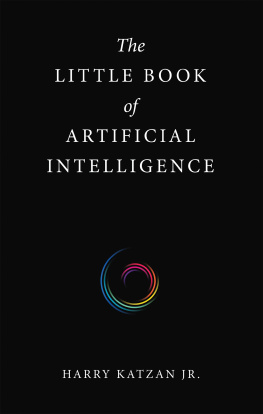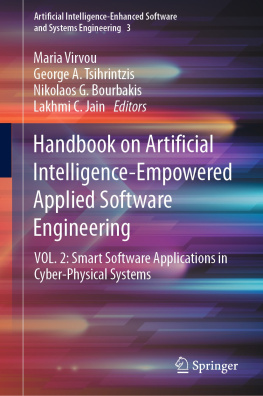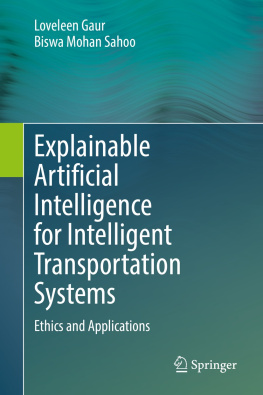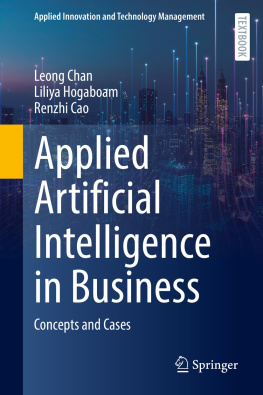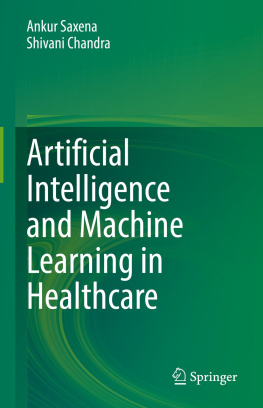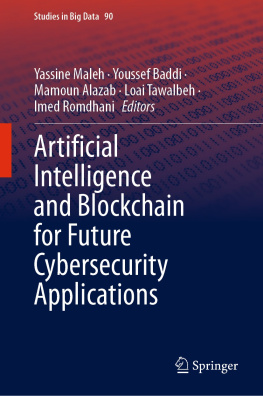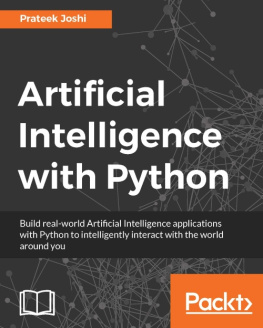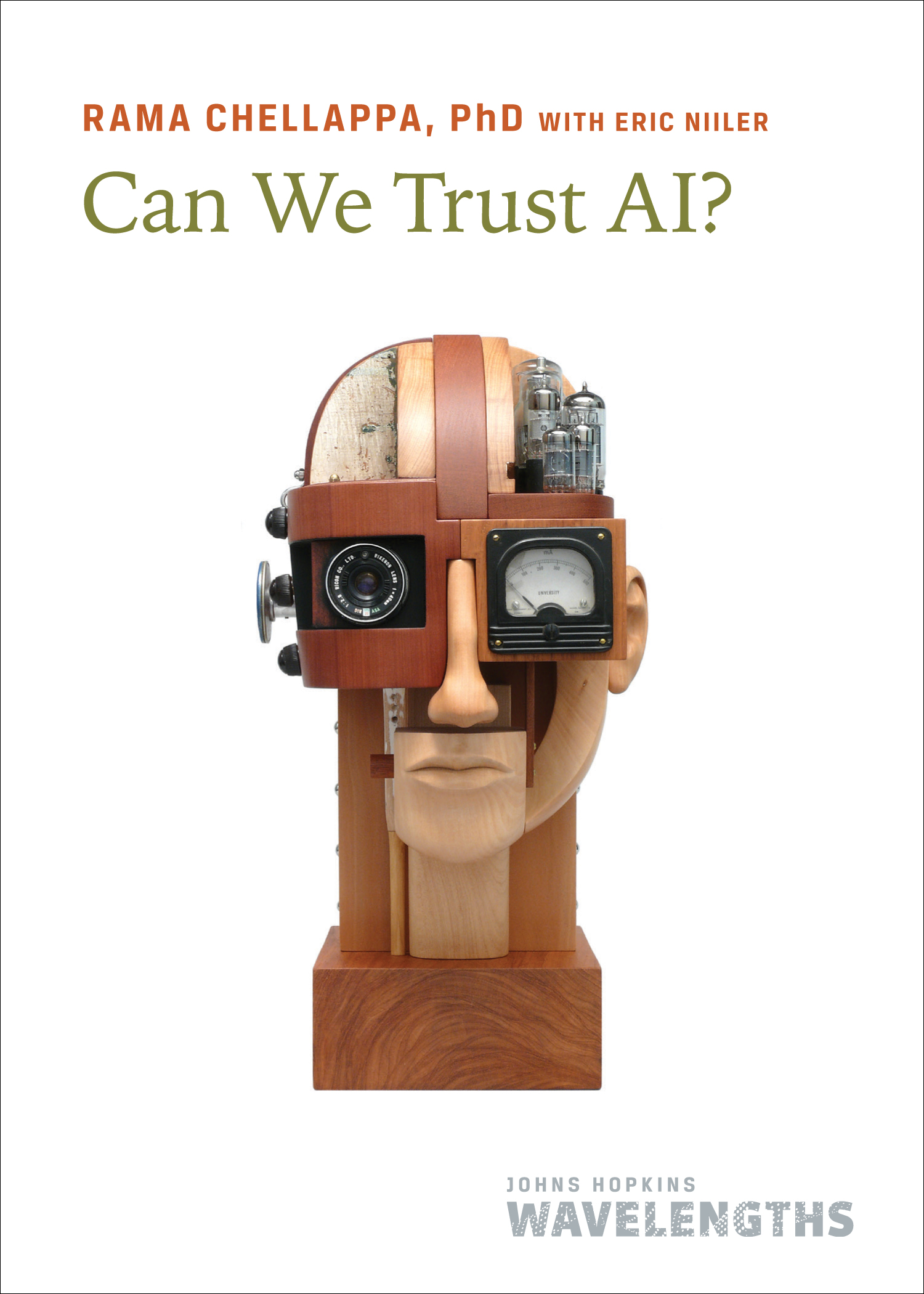Rama Chellappa - Can We Trust AI?
Here you can read online Rama Chellappa - Can We Trust AI? full text of the book (entire story) in english for free. Download pdf and epub, get meaning, cover and reviews about this ebook. City: Baltimore, year: 2022, publisher: Johns Hopkins University Press, genre: Science. Description of the work, (preface) as well as reviews are available. Best literature library LitArk.com created for fans of good reading and offers a wide selection of genres:
Romance novel
Science fiction
Adventure
Detective
Science
History
Home and family
Prose
Art
Politics
Computer
Non-fiction
Religion
Business
Children
Humor
Choose a favorite category and find really read worthwhile books. Enjoy immersion in the world of imagination, feel the emotions of the characters or learn something new for yourself, make an fascinating discovery.

- Book:Can We Trust AI?
- Author:
- Publisher:Johns Hopkins University Press
- Genre:
- Year:2022
- City:Baltimore
- Rating:4 / 5
- Favourites:Add to favourites
- Your mark:
Can We Trust AI?: summary, description and annotation
We offer to read an annotation, description, summary or preface (depends on what the author of the book "Can We Trust AI?" wrote himself). If you haven't found the necessary information about the book — write in the comments, we will try to find it.
Artificial intelligence is part of our daily lives. How can we address its limitations and guide its use for the benefit of communities worldwide?
Artificial intelligence (AI) has evolved from an experimental computer algorithm used by academic researchers to a commercially reliable method of sifting through large sets of data that detect patterns not readily apparent through more rudimentary search tools. As a result, AI-based programs are helping doctors make more informed decisions about patient care, city planners align roads and highways to reduce traffic congestion with better efficiency, and merchants scan financial transactions to quickly flag suspicious purchases. But as AI applications grow, concerns have increased, too, including worries about applications that amplify existing biases in business practices and about the safety of self-driving vehicles.
In Can We Trust AI?, Dr. Rama Chellappa, a researcher and innovator with 40 years in the field, recounts the evolution of AI, its current uses, and how it will drive industries and shape lives in the future. Leading AI researchers, thought leaders, and entrepreneurs contribute their expertise as well on how AI works, what we can expect from it, and how it can be harnessed to make our lives not only safer and more convenient but also more equitable.
Can We Trust AI? is essential reading for anyone who wants to understand the potentialand pitfallsof artificial intelligence. The book features:
an exploration of AIs origins during the postWorld War II era through the computer revolution of the 1960s and 1970s, and its explosion among technology firms since 2012;
highlights of innovative ways that AI can diagnose medical conditions more quickly and accurately;
explanations of how the combination of AI and robotics is changing how we drive; and
interviews with leading AI researchers who are pushing the boundaries of AI for the worlds benefit and working to make its applications safer and more just.
Johns Hopkins Wavelengths
In classrooms, field stations, and laboratories in Baltimore and around the world, the Bloomberg Distinguished Professors of Johns Hopkins University are opening the boundaries of our understanding of many of the worlds most complex challenges. The Johns Hopkins Wavelengths book series brings readers inside their stories, illustrating how their pioneering discoveries and innovations benefit people in their neighborhoods and across the globe in artificial intelligence, cancer research, food systems environmental impacts, health equity, planetary science, science diplomacy, and other critical arenas of study. Through these compelling narratives, their insights will spark conversations from dorm rooms to dining rooms to boardrooms.
Rama Chellappa: author's other books
Who wrote Can We Trust AI?? Find out the surname, the name of the author of the book and a list of all author's works by series.

